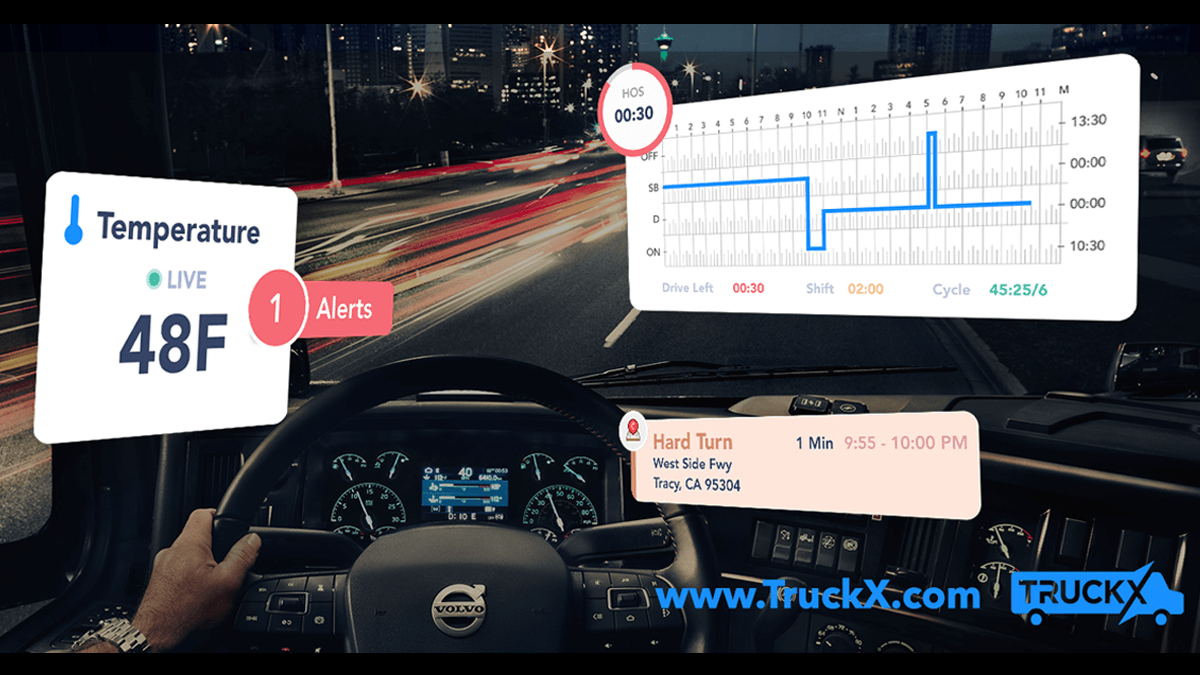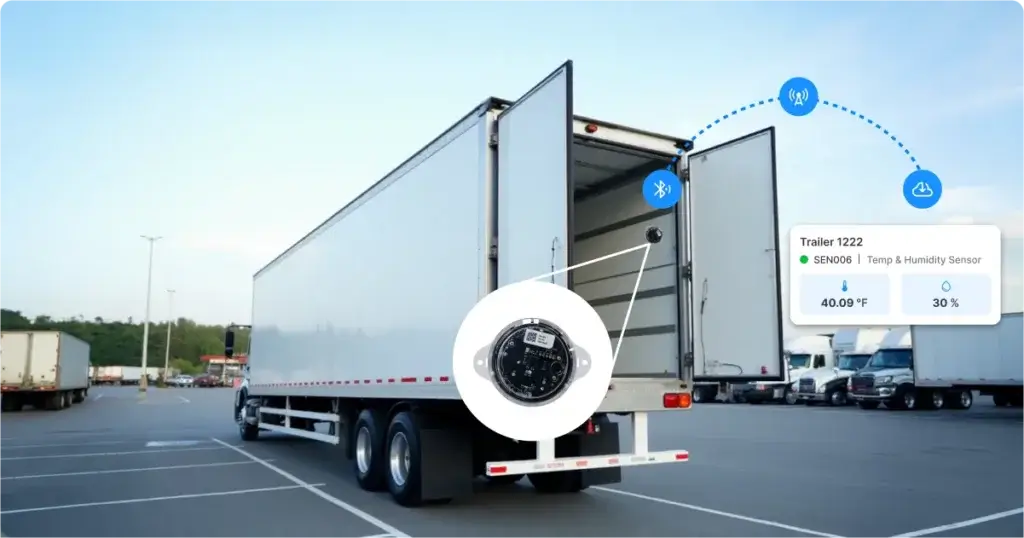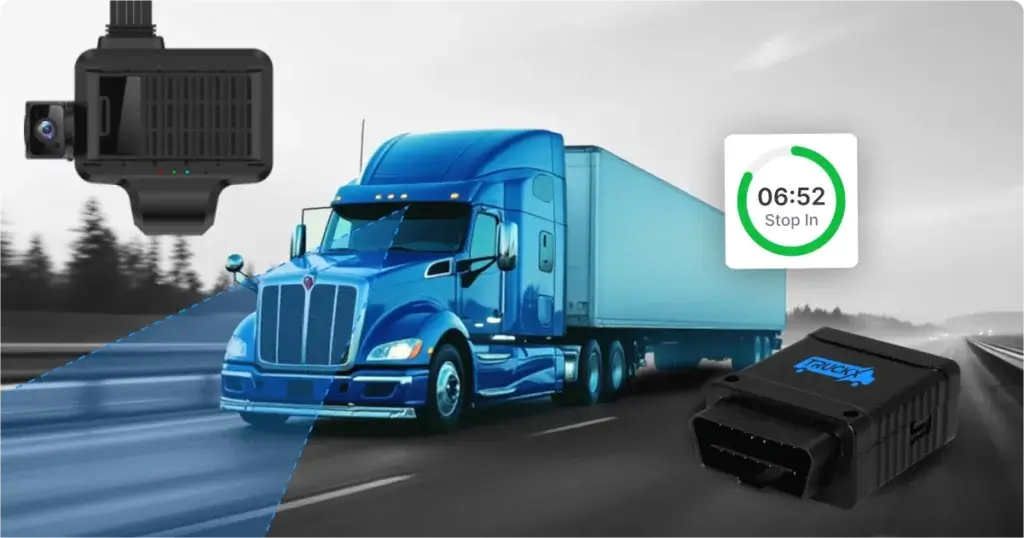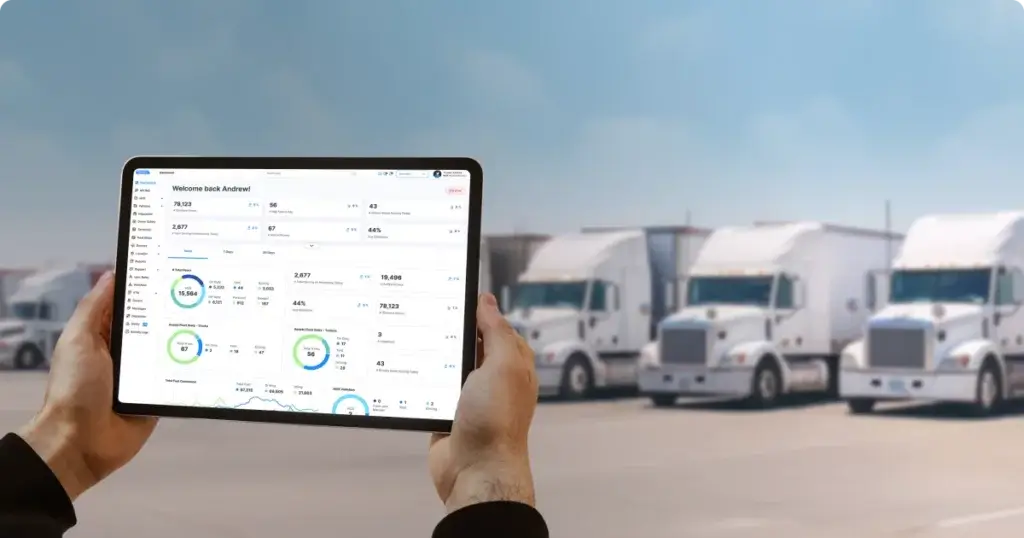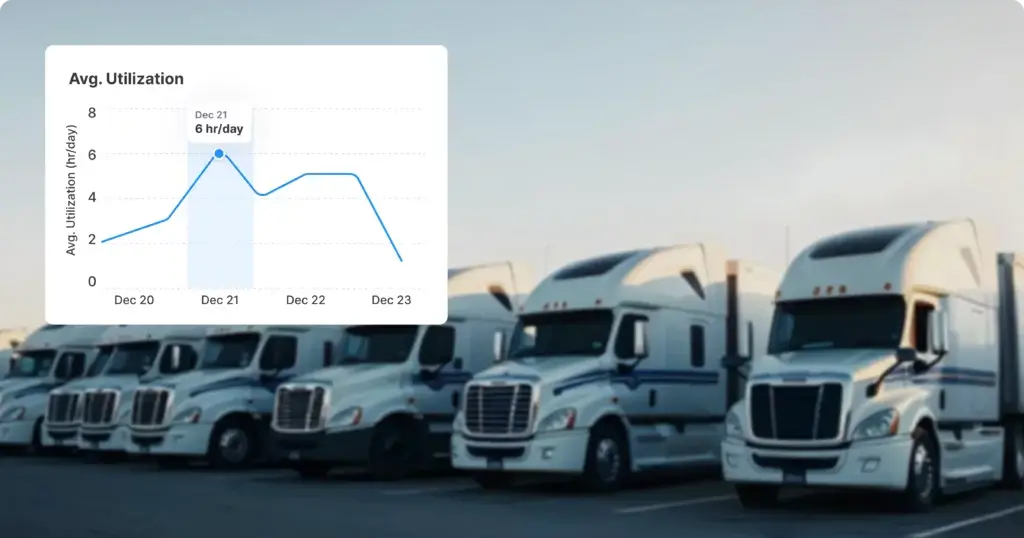The trucking industry has faced numerous difficulties over the years. Fleet managers and companies have been addressing these difficulties one at a time, whether it be driver shortages or supply-demand disruptions. As the business landscape has expanded, there has been a constant need for improvements and changes, particularly in the technological realm, to meet the unending demands of the trucking sector.
Besides, truckers frequently face challenges due to mechanical issues and remain at risk of accidents. In 2020, more than 4,000 people died in truck accidents, according to a report by the IIHS. Compared to 2009, the numbers have increased by more than 28%. With technologically supported freights, such occurrences can be somewhat reduced.
Today, artificial intelligence, cloud computing, and the internet of things are revolutionizing the world, and the trucking industry is no exception. These technologies not only help streamline operations but also vastly enhance the truckers’ experience. But how specifically?
To answer that question, this article sheds light on the viability of IoT-Driven fleet management and how it can help truckers by making their driving and work experience better.

IoT-Driven Fleet Management
IoT offers fleet managers and drivers cutting-edge technology to track and make decisions in real-time. Sensors and trackers can be installed in trucks to collect data, access the cargo, and help keep the line of communication open between the driver and the operations team.
A significant amount of data transfer occurs courtesy of IoT-driven fleets and is stored on the cloud. Strategic planning becomes viable because this data is available across multiple channels for multiple teams. With the aid of this data, the performance of the freights and any misalignments or problems can be discovered, enabling the truckers and the associated team to act promptly and prevent any anomalies from transpiring.
The use of IoT-driven fleet management in the trucking industry can act as a force multiplier. It helps the trucking industry adjust to the growing market trends and the urgency for improvements. Being able to gain reliable real-time data from the entire line sets the fleet management teams up for continuous, cost-effective improvements – and also allows them to make better decisions.
But what stands out about IoT-driven fleet management is its innate ability to make the jobs of truckers easier. Let’s find out how.
IoT Enhancing the Overall Experience for Truckers
Hassle-Free Operations
The trucking industry has long struggled with finding enough new drivers and retaining experienced ones. Industry-related risks, unfavorable working conditions, and operational hassles can be possible explanations for the same. However, drivers’ operational challenges can be lowered by technological interventions like ELDs.
For the drivers, the time saved on manual paper filling has been a breath of fresh air. The experience of managing administrative work has dramatically improved thanks to telematics solutions, electronic troubleshooting, and other intriguing features loaded on the freight.
With the right amount of data, truck maintenance can be predicted early, saving time spent caring for the freight and being stranded on the road. In more ways than one, these developments can result in a higher retention rate.
Enhanced Safety and Security
Due to how safe and secure the entire system has been made, the Internet of Things is here to stay. Drivers can now experience much better road safety thanks to door sensors and cloud-based dashcams. These sensors and tags assist in interpreting changes in temperature and humidity, advising managers on how to handle the delivery of the goods in a safe and secure manner.
The understanding of route dynamics facilitated by data collection enables managers to reroute trucks in the event of a natural disaster or weather warnings, making things more accommodating and better for truckers. Indeed, IoT has excellently connected the entire strategy and operations team. The ability to track goods and devices has improved, which has made it simpler to share information about empty trucks, route modifications, etc. These freights can now be data-heavy owing to all the devices that have been installed on the trucks, enabling managers to comprehend driving patterns and make future strategic plans.
Summing Up
Embracing IoT-Driven fleet management can improve network connectivity. This makes it simple to accommodate real-time changes to the routes, drive efficient logistics management, and keep the security of truckers at a premium. Not only do the truckers experience a better work life, but they also save on time and energy. The unparalleled access to data allows fleet managers to establish better control over the trucking operations and empower the truckers to provide the best services to the customers.
Have you made your freights IoT-ready yet? With the advancement of technology, being IoT-ready can be your ticket to success. It will now be easier to make the right decisions, gain insight into the drivers’ behavior, and seamlessly use the data to make an impact. At TruckX, we are committed to helping you use technology to your advantage and provide a better experience for drivers. Get in touch to learn more.
